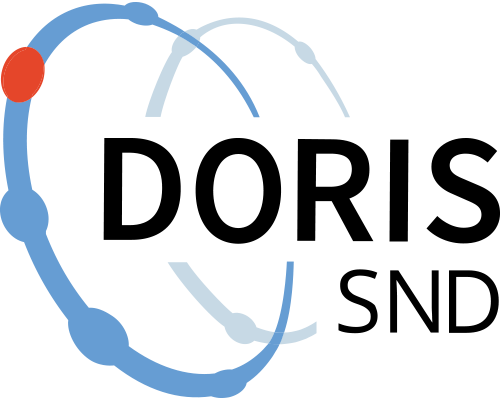Physiological Equivalent Temperature (PET) and Wet-Bulb Globe Temperature (WBGT) index data from the Gothenburg half marathon
https://doi.org/10.5878/aw3p-1424
Aim: To identify the thermal index that best predicts exertional heat incidence risk during a city half-marathon.
Data: Eight years (2010-2017) of meteorological and ambulance transport data, including medical records, from Gothenburg’s half-marathon were used to analyze associations between WBGT, PET and UTCI and the rates of ambulance-required assistances (ARAs) and collapses.
For more information, see the attached document "Data description".
Meteorological data consisted of hourly averages of air temperature, wind speed, relative humidity, mean sea-level pressure, and incoming shortwave radiation.
Thermal comfort indices are wet bulb globe temperature index (WBGT), Physiological equivalent temperature index (PET), and Universal thermal comfort index (UTCI).
Data files
Data files
Documentation files
Documentation files
Citation and access
Citation and access
Data access level:
Creator/Principal investigator(s):
- Gunnar Palm - University of Gothenburg - Department of Earth Sciences
- Björn Holmer - University of Gothenburg - Department of Earth Sciences
Research principal:
Data contains personal data:
No
